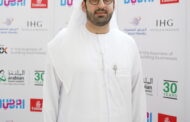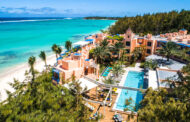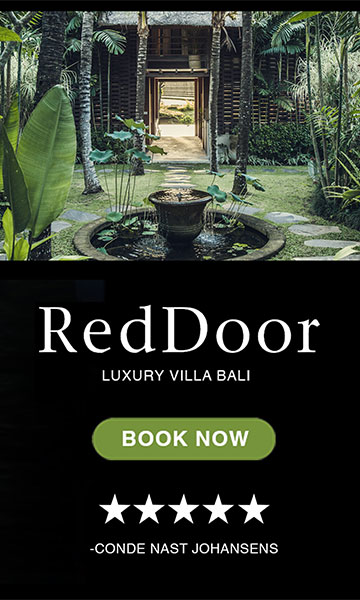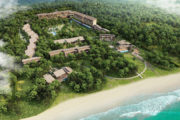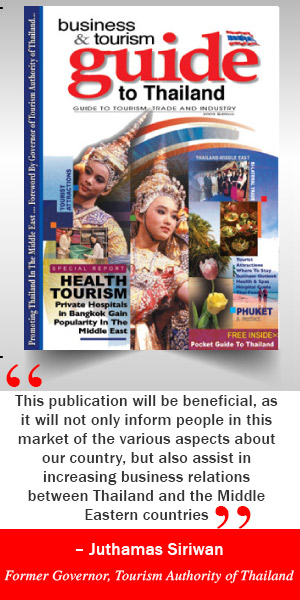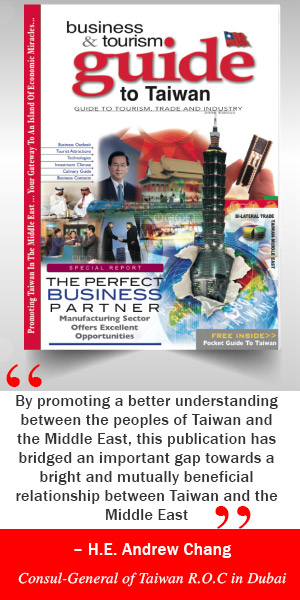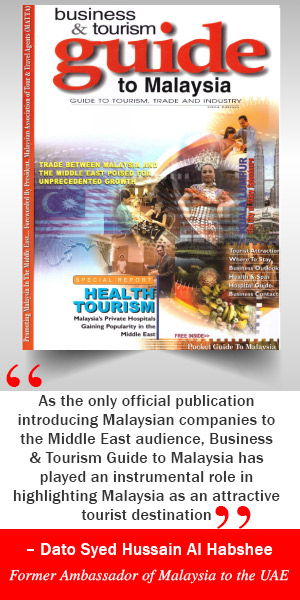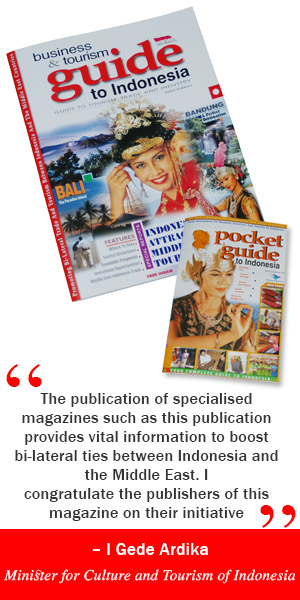
Hospitality operators in the Middle East looking to increase their share of the growing halal tourism market should diversify and digitise their offerings to suit younger generations of Muslim travellers, according to travel industry experts. Muslim travellers to the Middle East are likely to spend US$36 billion by 2020 – up from US$30.5 billion in 2017. As a result, halal tourism represents a lucrative prospect for hospitality brands in the GCC – expected to create 1.2 million regional direct and indirect jobs by next year.
Approximately 41 per cent of Muslim travellers’ global outbound spending comes from the UAE and Saudi Arabia, according to figures released by Salam Standard. The Middle East’s total outbound spend is projected to grow to US$ 72 billion by 2020.
Industry-wide investment in halal tourism-related travel technology currently stands at approximately hit $40 million, according to research conducted by DinarStandard. This figure is likely to grow further in the future as younger Muslim travellers continue to drive innovation in online services.
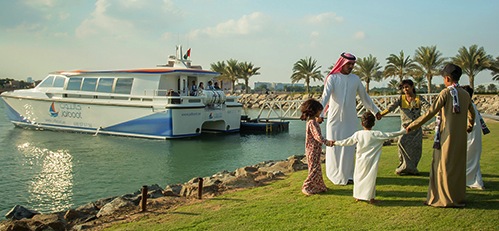
Halal Tourism
Halal tourism is a subcategory of tourism which is geared towards Muslim families who abide by rules of Islam. The hotels in such destinations do not serve alcohol and have separate swimming pools and spa facilities for men and women.
Faeez Fadhlillah, CEO, Tripfez, said: “If you look at the distribution of millennials globally, many of them are living in Muslim-majority countries. In the next 10 years, the youth in this region are going to play a significant role in driving tourism trends. That’s why online travel agencies are so interested in meeting demand from Muslim travellers. Companies are doing everything they can to capture this market.”
Join our social community on Facebook, Instagram, YouTube and TripAdvisor √√








